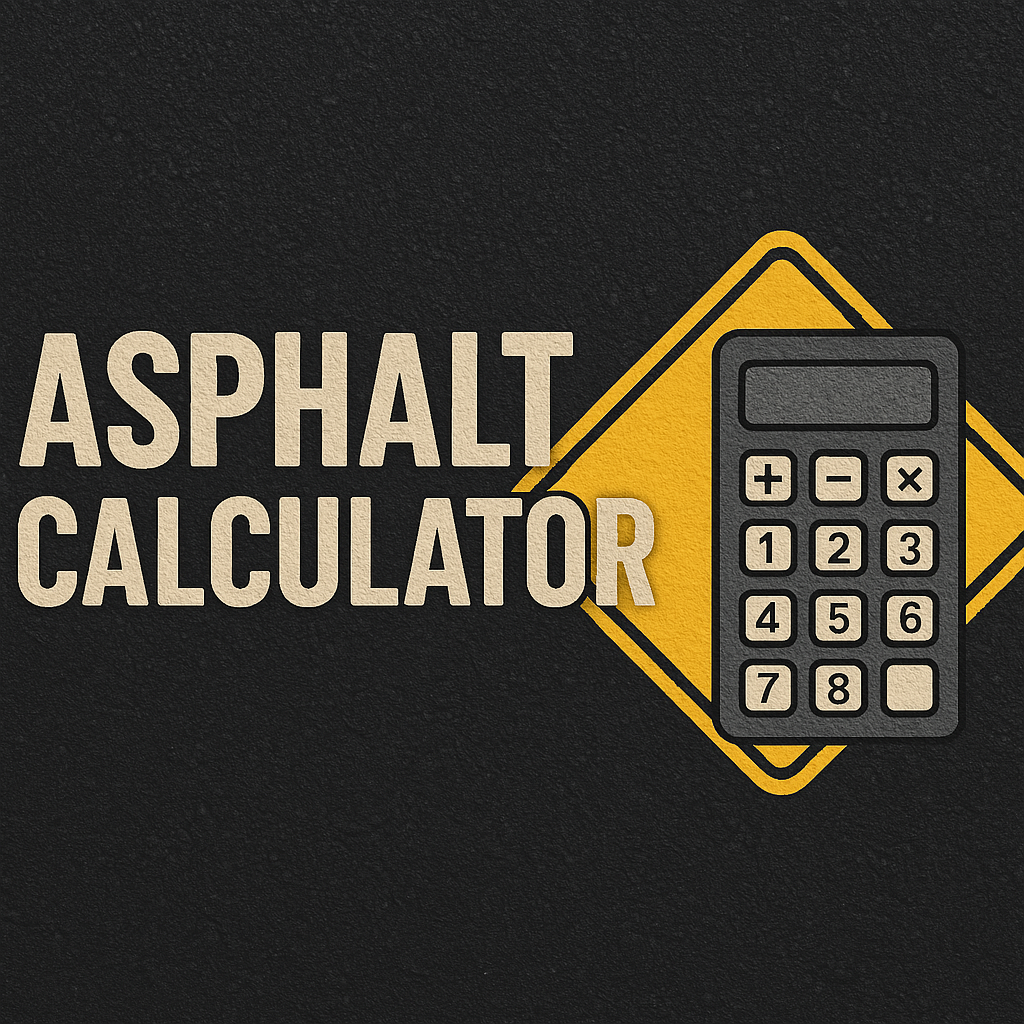Asphalt Calculator
Estimate the volume and weight of asphalt needed for your project.
Calculate Asphalt Requirements
Results:
Volume: 0 cubic yards
Weight: 0 tons (approx.)
Use our ultimate asphalt calculator guide to estimate the right amount of asphalt for your driveway, parking lot, or road project. Learn key factors, cost estimation, and expert tips for accurate planning. 🚧
Asphalt Calculator: How to Estimate the Right Amount of Asphalt for Your Project
Introduction
What is an Asphalt Calculator?
An asphalt calculator is a tool that helps you estimate the amount of asphalt needed for a specific project, whether it’s a driveway, parking lot, or road construction. This ensures you order the right amount, reducing waste and saving costs.
Why is it Important?
Miscalculating asphalt quantity can lead to extra costs, project delays, or running out of material mid-project. A reliable asphalt calculator eliminates guesswork and ensures efficiency.
Understanding Asphalt Measurements
How Asphalt is Measured
Asphalt is commonly measured in tons, but depending on the project, you may also see it in cubic yards or square feet. The conversion depends on factors like asphalt density and thickness.
Units of Measurement
- Tons – The most common unit for asphalt projects
- Cubic Yards – Often used in larger projects
- Square Feet – Useful for small areas like driveways
How to Use an Asphalt Calculator
Step-by-Step Guide
- Measure the Area – Get the length and width of the project area.
- Determine Thickness – Standard thickness varies based on use.
- Use the Formula –Formula:
- Convert to Tons – Asphalt typically weighs 145 lbs per cubic foot.Formula:
Online vs. Manual Calculation
Many websites provide asphalt calculator tools that automate the process and reduce errors, making project planning easier.
Factors Affecting Asphalt Quantity
Project Size and Scope
Larger projects require more asphalt, but even small areas need precise calculations to avoid material shortages.
Asphalt Thickness
- Residential driveways: 2-3 inches
- Parking lots: 4-6 inches
- Roads & highways: 6+ inches
Type of Asphalt Mix
Different mixes have different densities, affecting how much asphalt you’ll need.
Climate and Weather Conditions
Hotter climates may require a thicker application, while cold regions need specialized asphalt to prevent cracking.
Base Preparation and Soil Type
A well-prepared base ensures better longevity and less material waste.
Types of Asphalt Projects
Driveways
A driveway requires a smooth, durable asphalt surface with a thickness of 2-3 inches.
Parking Lots
For commercial use, parking lots require 4-6 inches of asphalt to withstand heavy vehicles.
Roads & Highways
High-traffic roads require at least 6 inches of asphalt, sometimes reinforced with layers.
Residential vs. Commercial Projects
Residential projects tend to use less asphalt, while commercial and industrial applications require stronger, more durable mixes.
Special Uses (Basketball Courts, Running Tracks)
Specialty asphalt projects require customized calculations based on specific sporting or recreational needs.
Common Mistakes When Estimating Asphalt
Overestimating vs. Underestimating
Ordering too much asphalt can waste money, while ordering too little can delay your project.
Ignoring Waste Factor
It’s recommended to add 5-10% extra for waste, spillage, and adjustments.
Not Considering Drainage Needs
Improper drainage can lead to water pooling and asphalt degradation.
Failing to Include Edge Restraints
Projects without edge restraints may require additional material to compensate for crumbling edges.
Cost Estimation for Asphalt Projects
Price per Ton
Asphalt costs vary by location and material type, but typically range from $100 to $200 per ton.
Additional Costs
- Labor costs – $5-$10 per square foot
- Transport & delivery – Can add $50-$200 per trip
Regional Price Variations
Different states and regions have varying asphalt prices due to material availability and labor rates.
Cost-Saving Tips
- Buy in bulk to reduce per-ton costs
- Use recycled asphalt
- Compare quotes from multiple contractors

